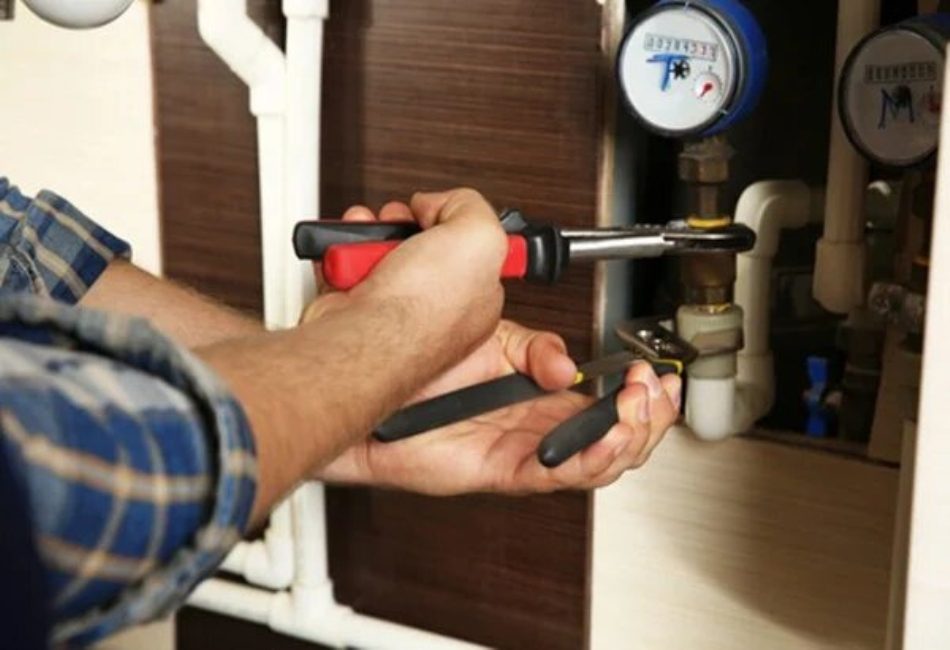Drain problems can quickly escalate from minor annoyances to major disasters, causing backups, water damage, and costly repairs. Fortunately, with regular maintenance and proactive measures, you can prevent these issues from disrupting your day. Whether you’re dealing with kitchen sinks, bathroom drains, or the main sewer line, here are practical tips to keep your plumbing running smoothly.
If you suspect deeper issues, professional CCTV drain inspections Auckland can provide a detailed look at your pipes and help you catch problems early. This non-invasive method allows plumbers to identify blockages, cracks, or root intrusions before they lead to bigger issues. But before you reach that stage, let’s look at how to keep your drains in tip-top shape.
Be Mindful of What Goes Down the Drain
One of the most effective ways to prevent clogs is to be cautious about what you allow into your pipes. Many common household items can build up over time, leading to blockages.
Kitchen Drains
- Avoid pouring grease, oil, or fat down the sink. These substances solidify as they cool, creating sticky buildup that catches other debris.
- Dispose of food scraps properly by using a compost bin or trash can. Even small particles can accumulate and cause clogs.
- Run hot water after washing dishes to help flush out soap residue and grease.
Bathroom Drains
- Use drain covers or strainers to catch hair, soap scum, and other debris before they enter the pipes.
- Avoid flushing anything other than toilet paper. Items like wet wipes, sanitary products, and cotton balls can easily cause blockages.
Regularly Clean and Maintain Drains
Regular maintenance prevents the buildup of debris that leads to clogs and odors. With some simple cleaning routines, you can keep your drains flowing smoothly.
Weekly Maintenance
- Flush drains with hot water to break down grease and prevent buildup.
- Clean drain strainers and covers to remove trapped debris.
Monthly Maintenance
- Use a natural cleaning solution: Pour a mixture of baking soda and vinegar down the drain, followed by hot water. The chemical reaction helps break down grease and organic matter.
- Inspect slow-draining sinks or showers: Slow drainage is often an early warning sign of a developing blockage. Address it immediately to prevent it from worsening.
Check for Signs of Trouble Early
Catching issues early can save you from more significant problems later. Be on the lookout for warning signs that indicate a potential blockage or plumbing issue.
Common warning signs include:
- Slow drainage from sinks, tubs, or showers
- Gurgling noises coming from drains
- Foul odors, particularly from kitchen or bathroom sinks
- Water backing up into other fixtures (e.g., the toilet backing up into the shower)
If you notice any of these signs, take immediate action. Simple fixes like plunging may work for minor clogs, but persistent problems should be assessed by a professional.
Keep Outdoor Drains and Gutters Clear
Outdoor drains and gutters can also contribute to drainage problems inside your home if they become clogged with leaves, dirt, or debris.
Preventive Tips:
- Clean gutters regularly, especially during autumn when leaves tend to accumulate.
- Clear debris from outdoor drains and downspouts to ensure proper water flow.
- Trim tree roots near underground pipes, as roots can grow into pipes and cause major blockages.
If you suspect tree root intrusion, scheduling a professional inspection can help determine the extent of the issue and prevent serious damage.
Schedule Routine Professional Inspections
Even with regular maintenance, some drain problems are difficult to detect without professional help. A CCTV drain inspection allows experts to identify hidden blockages, cracks, and structural issues within your pipes. This is particularly useful for older homes, homes surrounded by trees, or properties that have experienced frequent drainage issues.
Why schedule inspections regularly?
- Early detection of problems like root intrusion, pipe corrosion, or misaligned pipes
- Preventative cleaning using hydro-jetting to clear stubborn buildup
- Cost savings by avoiding emergency repairs or extensive damage
Don’t Overuse Chemical Drain Cleaners
While chemical drain cleaners may seem like a quick fix for clogs, overusing them can do more harm than good. The harsh chemicals can corrode your pipes over time, leading to leaks and long-term damage. Instead, stick to natural cleaning solutions or call a professional for severe clogs.
Proactive Drain Care Saves You Time and Money
By following these simple steps, you can significantly reduce the chances of dealing with blocked or damaged drains. Being proactive not only extends the life of your plumbing system but also saves you from costly repairs and water damage. With a combination of mindful habits, regular cleaning, and occasional professional inspections, you’ll keep your drains running smoothly and prevent disruptions to your day.
